Sober Living in Arlington, TX
Recovery from addiction takes time, and some people require continuing care to maintain their sobriety. Leaving rehab or participating in a less intensive level of care doesn’t mean you suddenly have to go it alone.
Sober living at Resolutions Arlington is a fantastic resource for people who need additional support in their recovery, no matter their status. Transitional housing can help people who may be:
- Coming out of higher levels of addiction treatment (such as inpatient rehab or partial hospitalization program).
- In outpatient programming and looking for additional support.
- Realizing that their home environment is too triggering and they need a new living situation to avoid relapse.
Whether you are participating in an inpatient or outpatient addiction treatment program at Greenhouse Treatment Center, we make the move to our sober living community a smooth transition.
Our Stats
Learn MoreTake a Look Inside Our Sober Living Facility
Not only are sober living houses at Resolutions Arlington focused on recovery, but they are focused on your comfort as well. To make your time in sober living as pleasant as possible, we offer settings and amenities you’ll love. Resolutions Sober Living in Arlington offers:
- Separate men’s and women’s apartment-style quarters.
- Daily transportation.
- Chef-prepared, fresh meals.
- On-site gyms.
- Game room with pool table, foosball table, smart TV
- Free laundry facilities & housekeeping services
- Cable TV and free WiFi.
- Pool (open in the summer).
- Meditation Room.
- Lounge with board games and lounge chairs.
- Holiday events and celebrations.
- And more.
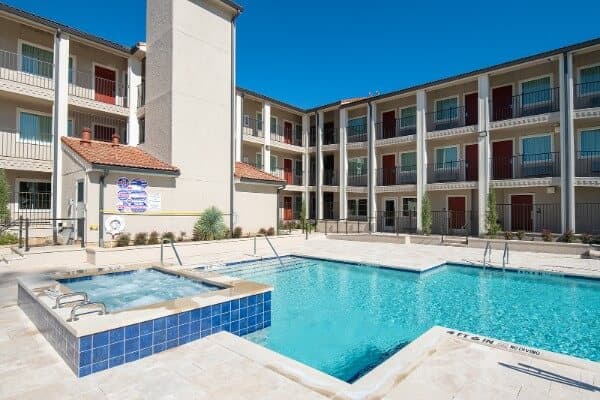
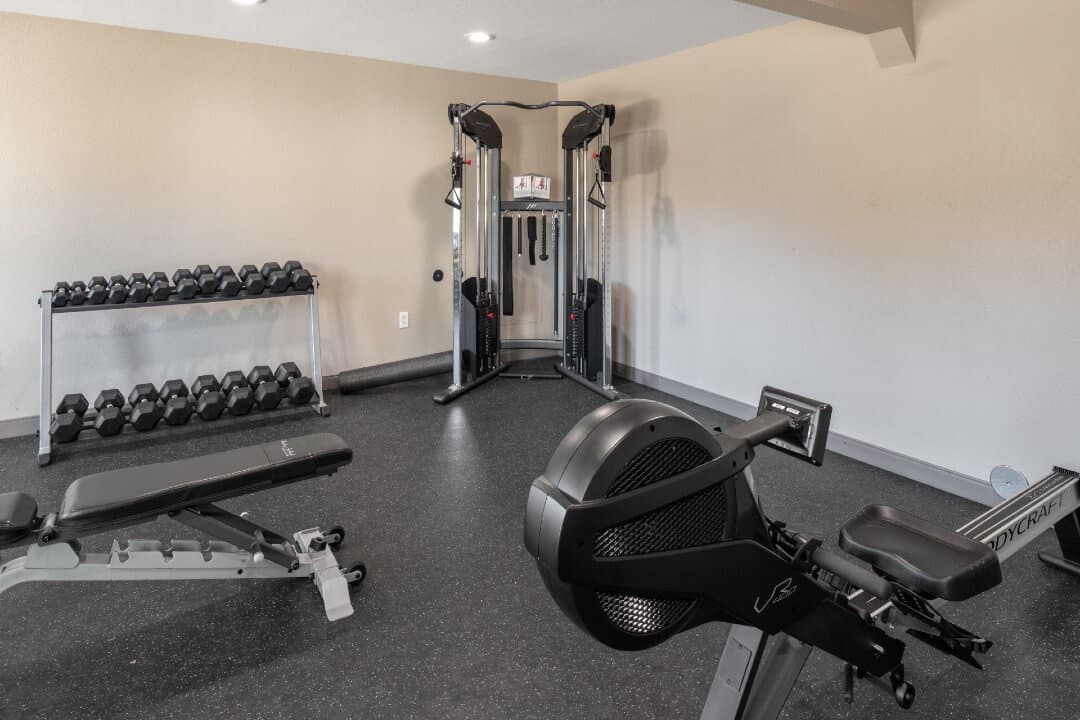
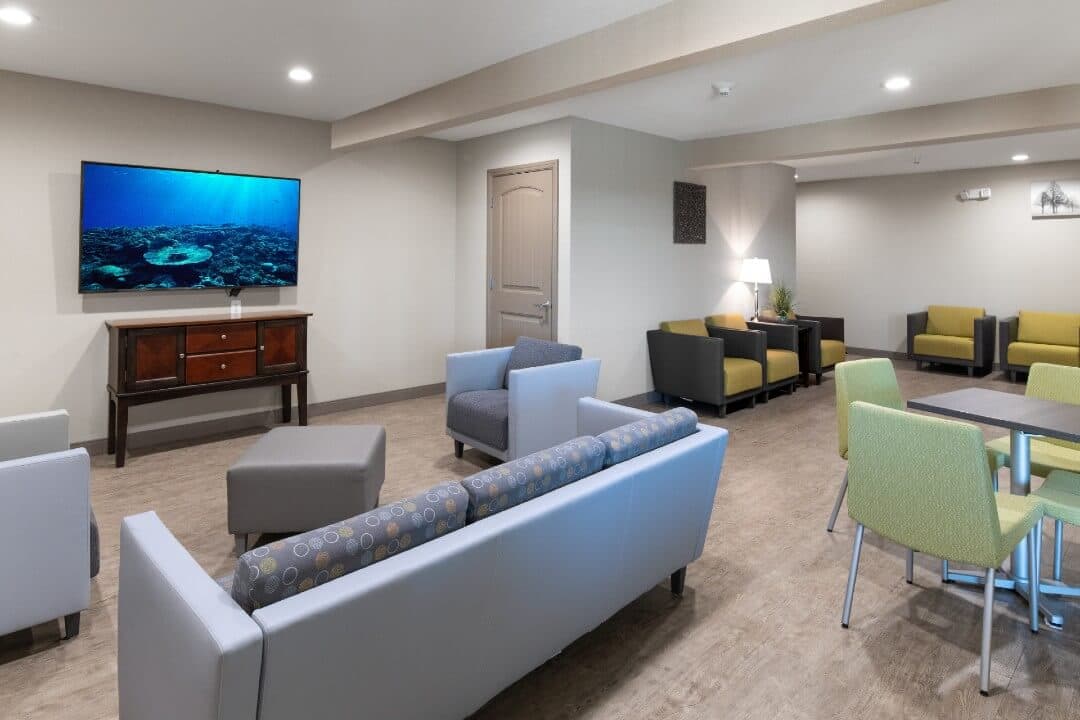
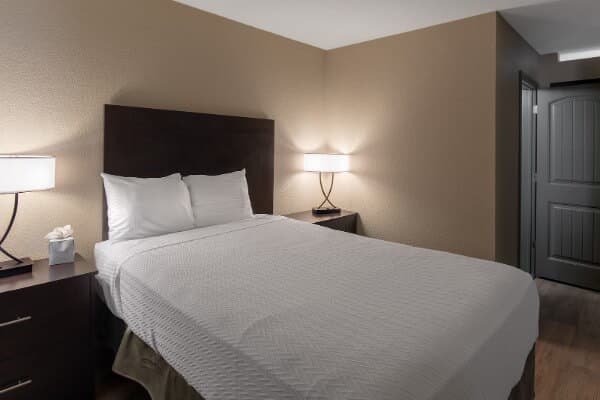
Sober Support & Treatment Programs
Our sober living facility at Resolutions Arlington near Dallas and Fort Worth accepts individuals who are currently in active recovery and enrolled in an outpatient program at Greenhouse.
Many of our sober living community residents find Resolutions to be an ideal environment for them, whether they have just completed inpatient treatment or are continuing their treatment with an outpatient program. It offers the support of a sober community and a substance-free living environment.
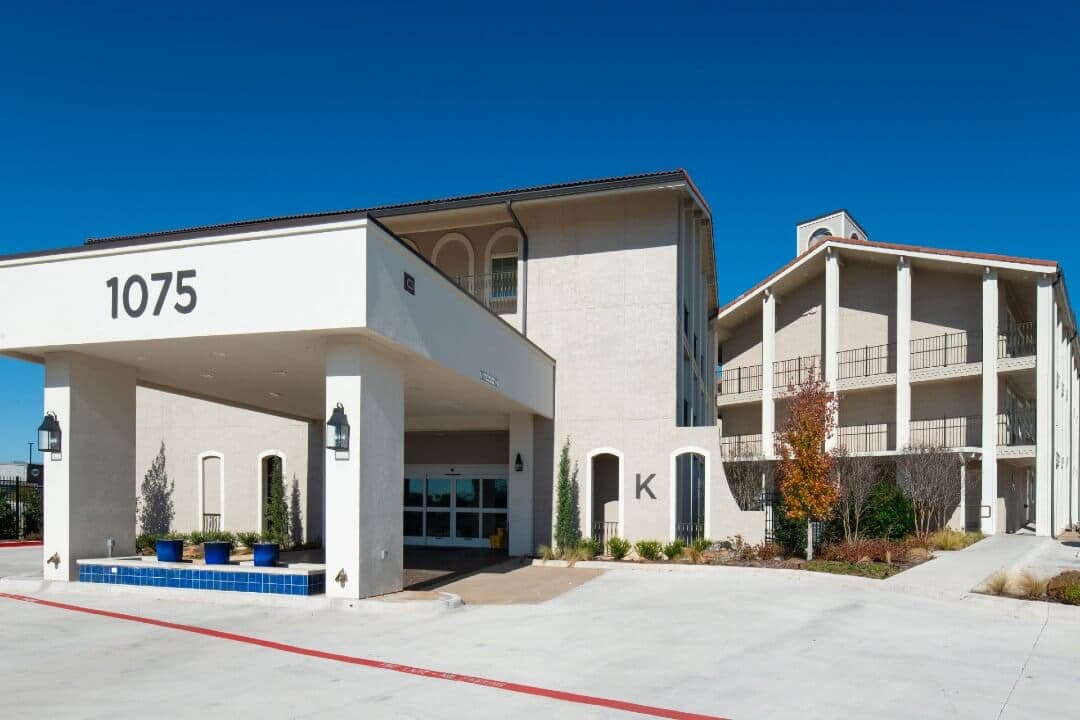
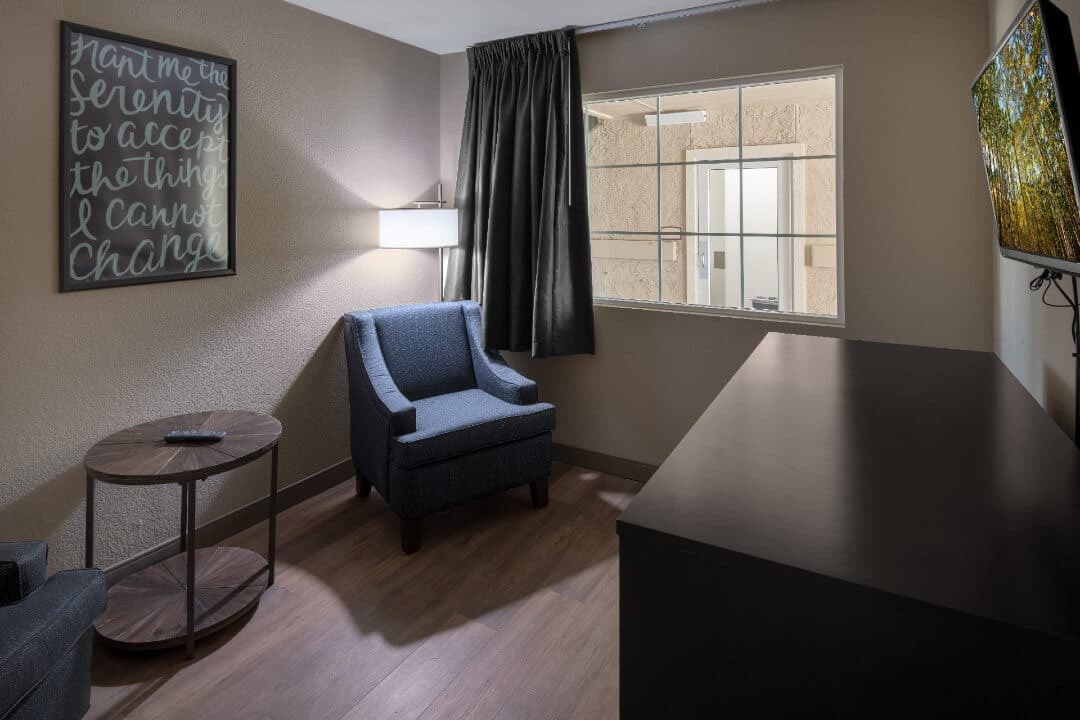
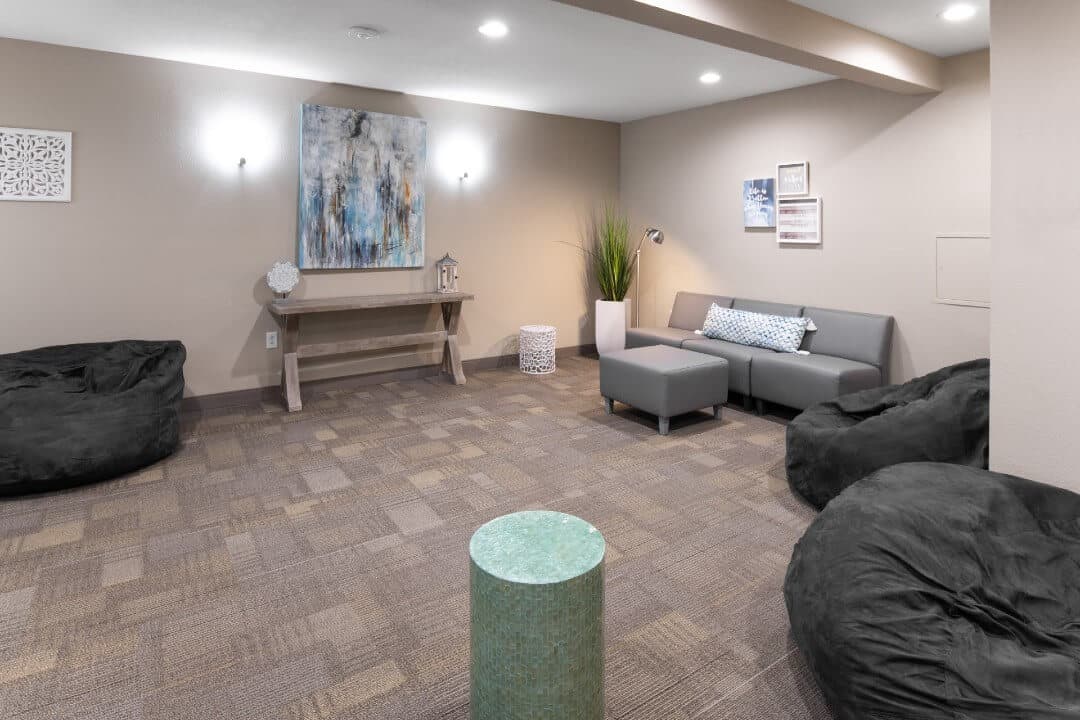
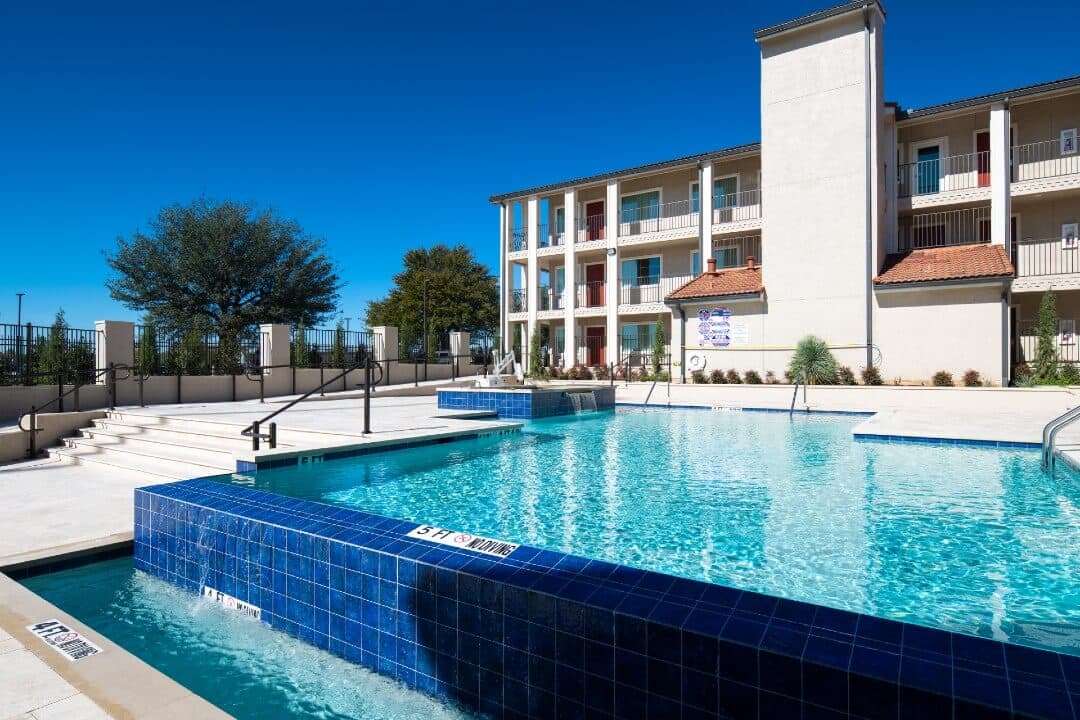
How To Pay For Sober Living
Frequently Asked Questions
For people who have recently completed intensive drug and alcohol treatment, the transition out of inpatient or residential rehabilitation and back into society can be challenging. The freedom may be welcomed, but it may feel overwhelming at the same time.
A sober living facility puts you in an environment where accountability and recovery are valued. Resolutions Arlington provides you with a great degree of freedom combined with a schedule, network of supportive peers, and treatment advocates who can check in with you and help you stay on the right track.
As a resident of Resolutions Arlington, you’ll have a certain amount of structure, participating in house activities and attending treatment and meetings through provided transportation.
Leaving an inpatient or residential treatment center means leaving the safety of a controlled environment for the risks of the outside world. Many people make the mistake of returning home without giving much thought to what awaits them there.
Upon returning home, you could step back into:
- Friends who continue to use.
- A dangerous environment.
- Conflictual relationships with family or romantic partners.
- Limited access to professional treatment.
Returning to an environment overflowing with triggers can spark cravings strong enough to jeopardize anyone’s recovery. To maintain sobriety, you need a safe, supportive, and drug-free environment. This combination is exactly what awaits you at Resolutions Arlington.
Sober living houses offer a desirable balance of freedom and responsibility to foster your motivation and independence.
Living in active addiction oftentimes means living in chaos. Recovery benefits from structuring your time and days so that you don’t inadvertently fall back into old habits.
Too much free time can be a risk for relapsing back into substance use and can also be detrimental for those dealing with co-occurring disorders.
At Resolutions, your days are structured to keep your focus on meaningful activities and on your long-term goals. With daily activities and goals, you can keep forward momentum in your recovery and begin to ingrain healthy habits in your life that can replace destructive ones.
Even just eating regular nutritious meals is important to your recovery. At Resolutions, regularly scheduled mealtimes help to make healthy eating a priority.
At Resolutions, you’ll work to develop a template for your days in recovery once you return home. Going straight from a highly structured, intensive treatment program with a somewhat regimented daily schedule right back home to the environment where you were using substances can be incredibly challenging.
In sober living, you’ll have increasing freedom to reintegrate yourself back into your normal life while also continuing to have a clear recovery plan you can replicate when you’re living back at home. This may include creating a schedule for yourself that includes activities like attending recovery meetings, going to outpatient therapy, doing chores, etc.
The simple act of attending to your daily commitments can keep you on track. Resolutions helps you create this practice and sets you up for success down the line.
Wondering if sober living is a good fit for you? While we believe it can benefit anyone in recovery, it may be especially beneficial for you if:
- You are stepping down from a higher level of treatment.
- You are participating in outpatient treatment.
- You are dealing with medical or co-occurring mental health disorders in addition to addiction.
- You do not have the time, resources, or flexibility for longer residential treatments.
- Your current recovery plan is not effective.
- Your home environment lacks the stability and support you need.
- Returning to your home will likely result in relapse.
Talk to your case manager while at Greenhouse residential treatment about your plan for when you leave residential or inpatient treatment. Or, if you are participating in an outpatient program, sober living may provide the supportive environment you need.
Men and women at Resolutions Arlington live separately but have very similar schedules. Men and women have access to the same areas, such as the gym and recreation rooms; however, they alternate days that they use them.
A typical daily schedule for residents at Resolutions may look like:*
- 7am–9am: Breakfast and transport to outpatient therapy
- 10am–12pm: Outpatient therapy
- 12pm–1pm: Lunch
- 1pm–2pm: Resume outpatient therapy
- 3pm–5pm: Free time or community meeting
- 5pm–6pm: Dinner
- 6pm–7pm: 12-Step meeting or book study
- 7pm–8pm: 12-Step or SMART Recovery meeting
- 9pm–10pm: Free time
- 10pm: Curfew
*Events change slightly with the day. Weekends may include special events or trips out, e.g., to the store to purchase food for the week. Curfew is slightly later (11pm) on Fridays and Saturdays.
Longer periods of treatment result in longer periods of recovery, but not every person can devote months or years of their life to focus on recovery alone.
For people who need to incorporate recovery into their work and family lives, sober living houses provide the opportunity, allowing you to return to your normal life but within a recovery setting.
Sober living houses are building a strong record of success. Sober living houses have been shown to:
- Reduce overall substance use.
- Improve employment.
- Reduce involvement with the criminal justice system.
- Improve psychiatric symptoms.
Especially when combined with professional treatment or 12-step programs, sober living houses can help you maintain your recovery while improving your overall well-being.
Connect With Us on Facebook
